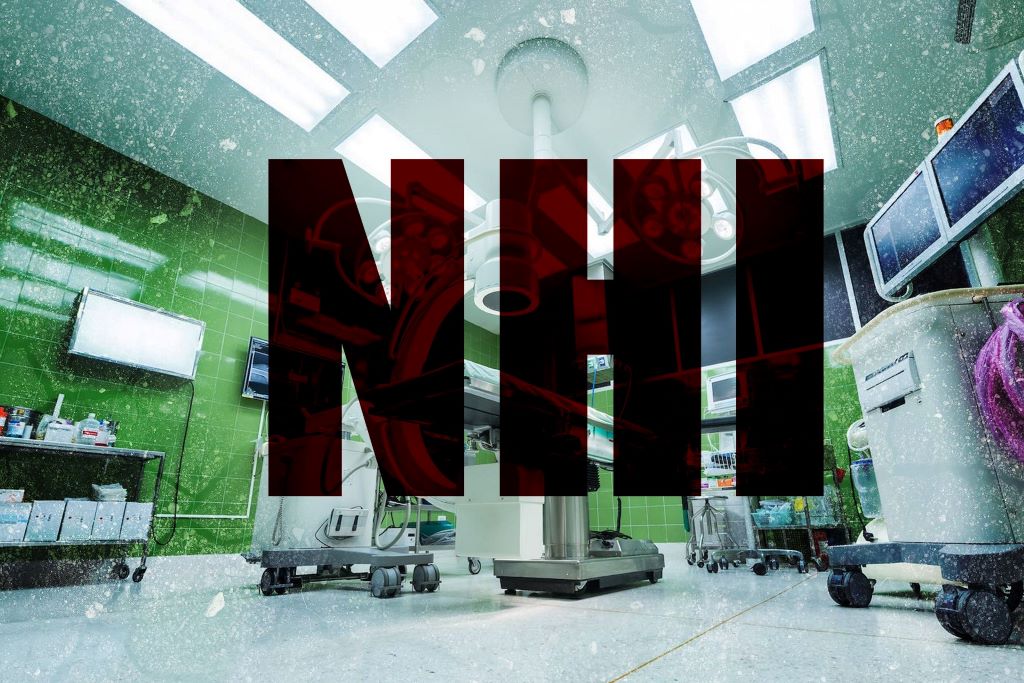One of Cape Town’s Few Free Rehab Centres has Closed its Doors to Adults

By Matthew Hirsch for GroundUp
The Kensington Treatment Centre, one of few in-patient rehabilitation centres in Cape Town, has stopped accepting adults because of financial constraints.
The Western Cape Department of Social Development (DSD) confirmed that the Kensington Treatment Centre no longer takes adults “due to the need to accommodate more children in secure care without any additional funds”.
In the past financial year, the facility had treated 120 people.
The department says it is necessary to focus on youth at risk.
Its budget for substance abuse programmes has been cut by R600 000 for the 2023/24 financial year.
New applications will be directed to other substance treatment centres funded by the department, which currently has six in-patient facilities: Metro South, North, East, Cape Winelands, Overberg and West Coast. Enquiries and admissions can be made through self-referral or external referrals.
There are also six outpatient treatment centres run by the City of Cape Town.
Bianca Rabbaney, who works for U-Turn Homeless Ministries, has personal experience of how difficult it is to access rehab facilities in times of need. She lived on the streets for more than 20 years, because her family couldn’t cope with her. For most of that time she had a substance use problem.
“My life just spiralled down to almost completely nothing, and in that time I did search for help,” she says.
“There are so many of us who want to come out of drug addiction but we can’t do that when we’re out on the street. From my personal experience when I walked my journey, there were so many places I went to that rejected me.”
“They used to send us away because we didn’t have money to come into the facility or we didn’t have a place to stay. It made it difficult for someone like me to access that kind of assistance,” she says.
Rabbaney eventually got help at the Matrix Rehabilitation Programme Parkwood. She has been abstinent for eight years now.
“I never forgot the struggle that I had to go through to get to a shelter, get myself into a rehabilitation program and to get my life back together. We don’t have many of those facilities at the moment.
“I would like to send a message out there that there is hope after addiction. There is hope after being homeless. We just need more facilities.”
Budget cuts
The provincial DSD is concerned about possible further cuts to its budget.
“We will only know the impact on this programme next year after the final budget allocation,” said Monique Mortlock-Malgas, spokesperson to MEC Sharna Fernandez.
The department is also looking to regulate illegal rehabilitation centres.
“This process may assist with the demand for services to the extent that DSD can help more centres provide proper quality services to the public. Centres that are unable to comply will, however, need to be closed,” said Mortlock-Malgas.
Lise van den Dool, chief programme officer at U-Turn, says there are also state-funded beds in registered facilities but there is a long waiting period for these and this is a problem because people may lose motivation. “When a person is ready to walk that journey you’ve got a short window period,” she said.
Van den Dool said the biggest issue is what happens after the rehabilitation process. She said work programmes are fundamental to recovery – not just preparing people to be ready for work, but helping them keep their jobs.
According to data from the 2022 census, after loss of income, substance abuse is the main cause of homelessness in the country. Some studies, including one by U-Turn, suggest that there are at least 14 000 homeless people in Cape Town.
Republished from GroundUp under a Creative Commons licence.
Source: GroundUp













